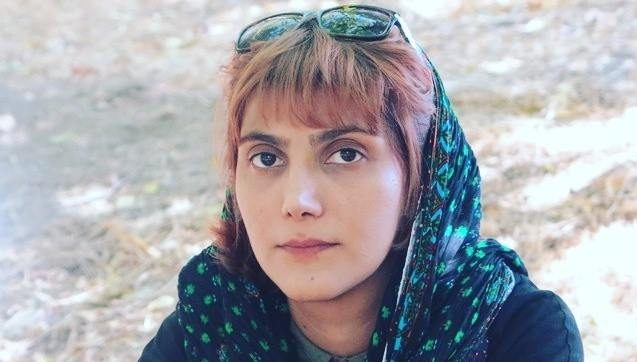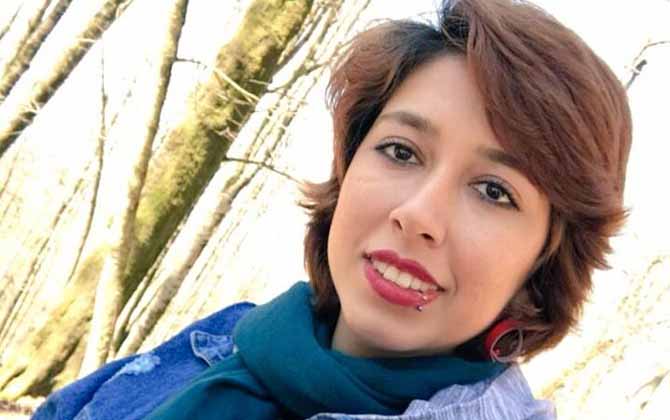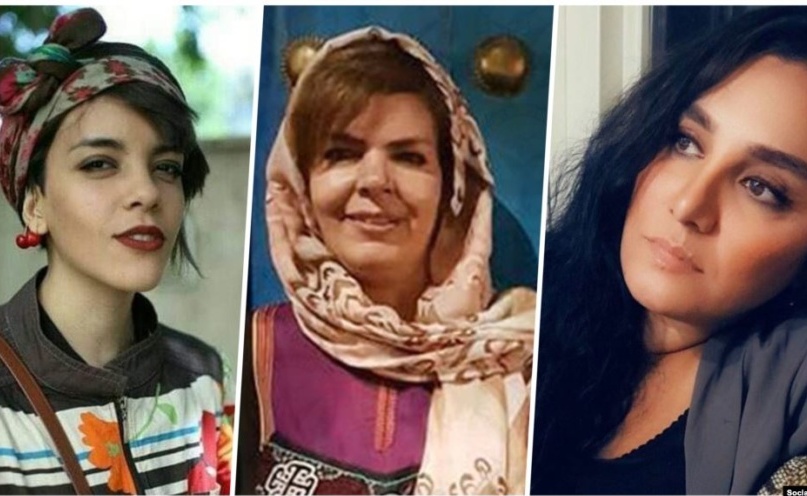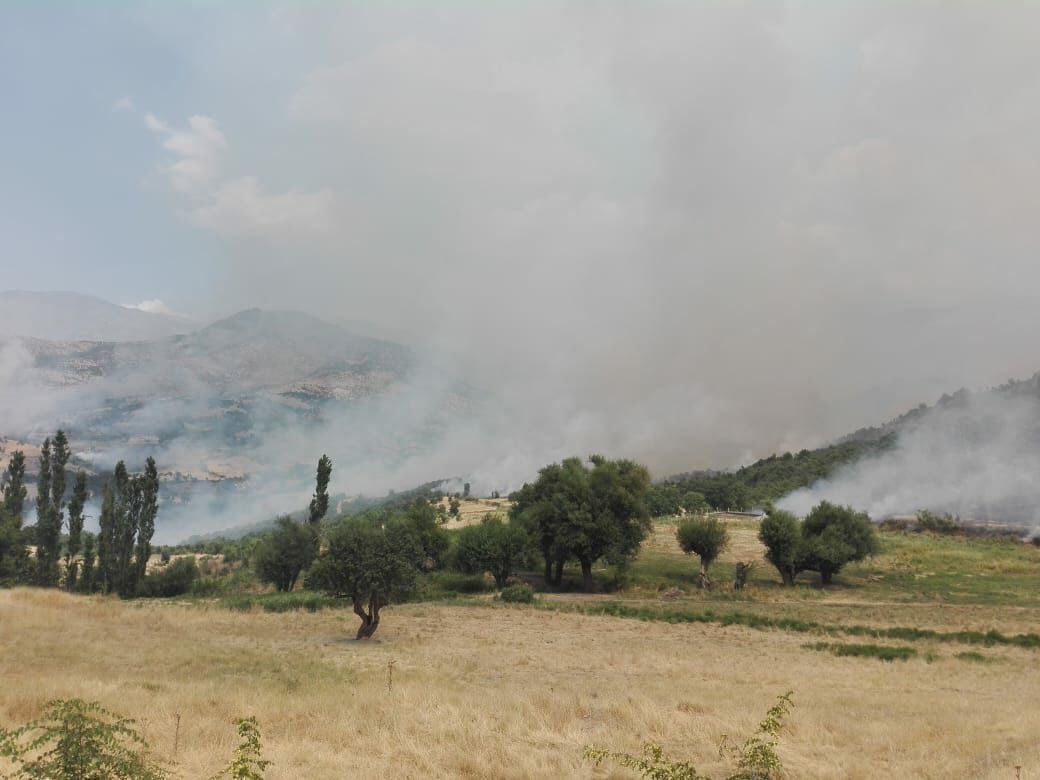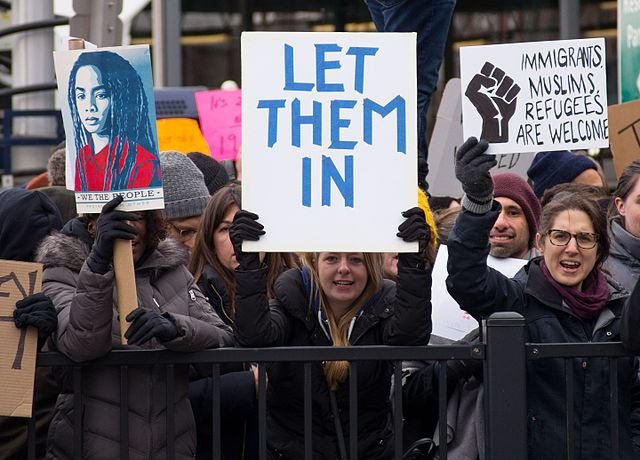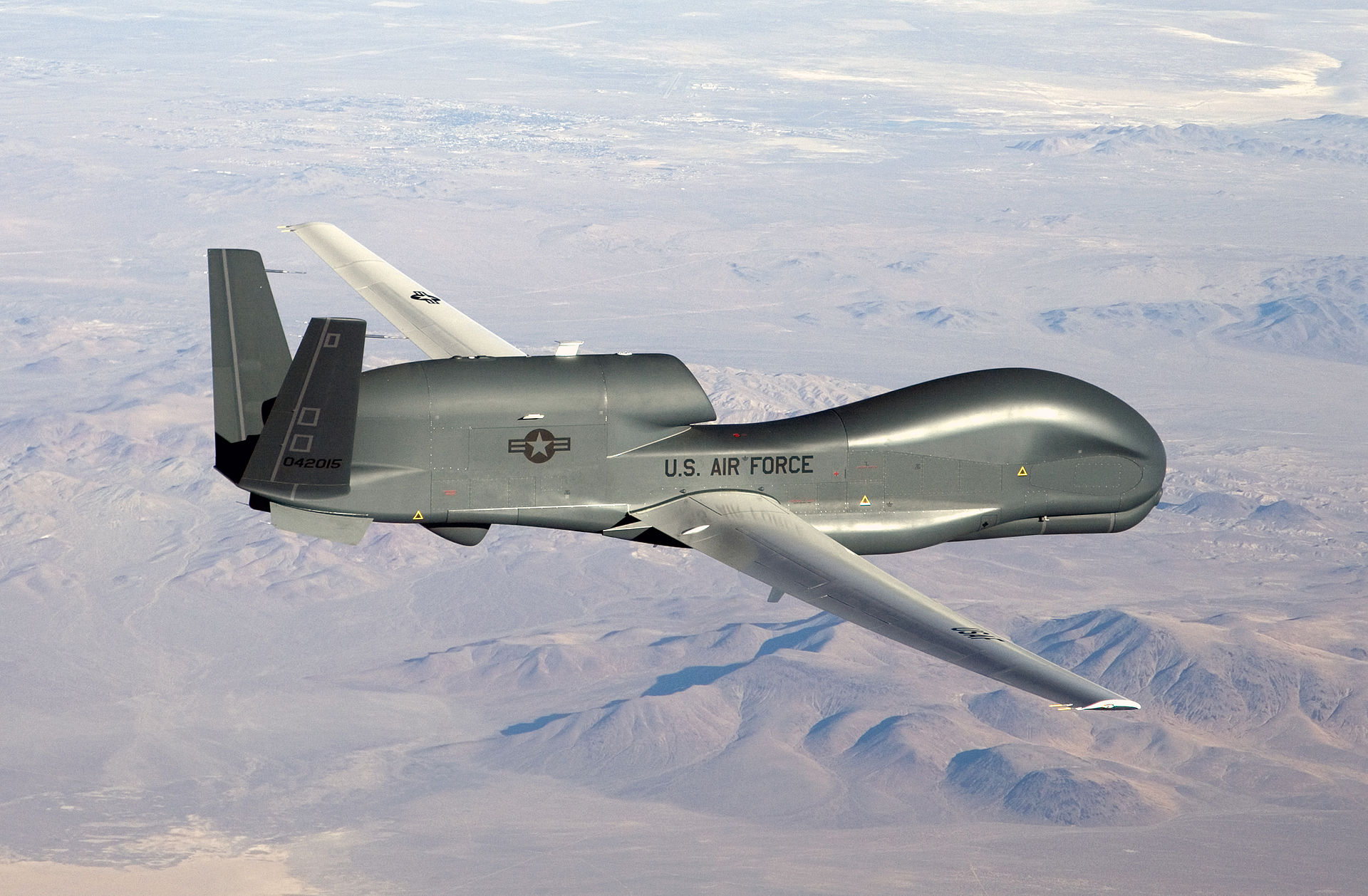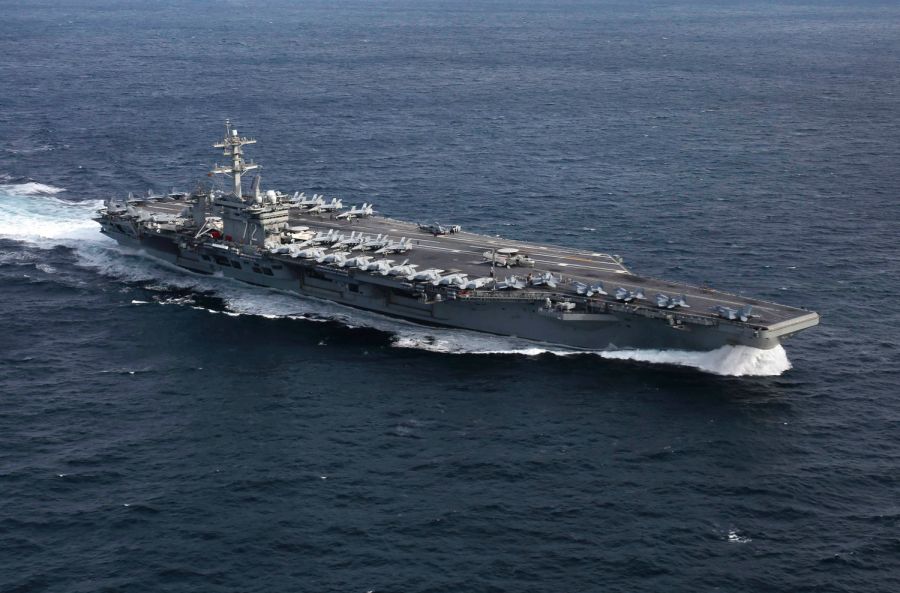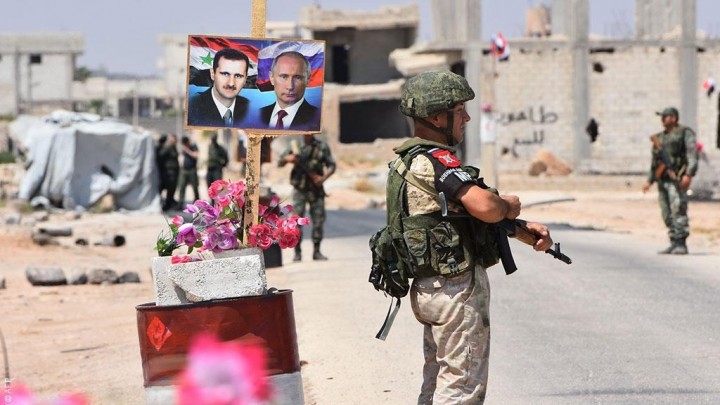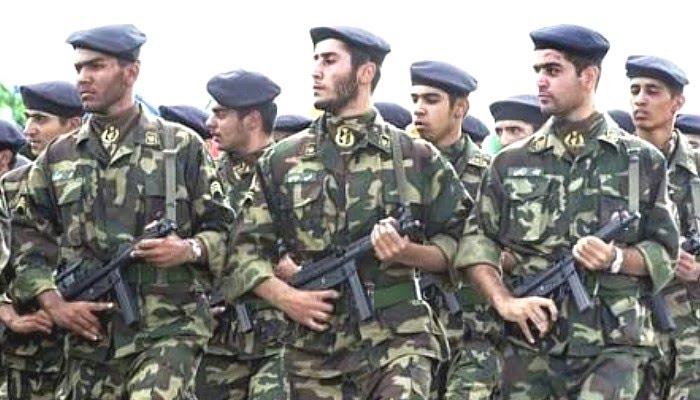Net silence as Iran explodes into protest
Protests erupted in Iran after the government announced a 50% increase in the price of fuel, partly in response to the re-imposition of US sanctions. Spontaneous demonstrations first broke out in Sirjan, but quickly spread to several other cities, including Tehran, where petrol stations were set on fire. The regime quickly responded by imposing a near-total shut-down of the Internet and mobile data throughout the country. Security forces have already killed several protesters, and the the Islamic Revolutionary Guards Corps has warned of “decisive” action if the unrest does not cease. (Image: Hajar Morad via Twitter)



